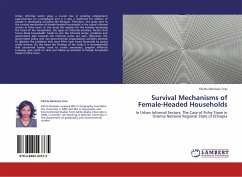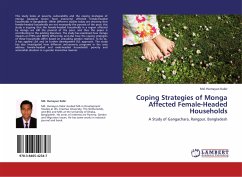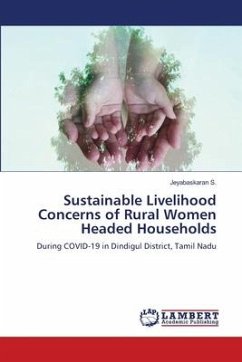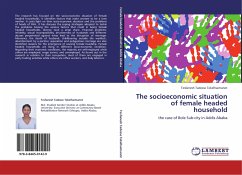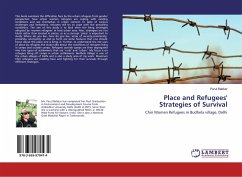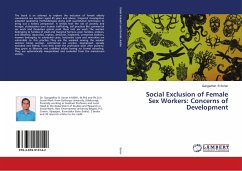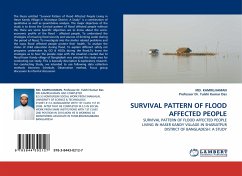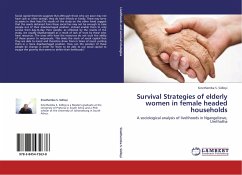
Survival Strategies of elderly women in female headed households
A sociological analysis of livelihoods in Ngangelizwe, Umthatha
Versandkostenfrei!
Versandfertig in 6-10 Tagen
39,99 €
inkl. MwSt.

PAYBACK Punkte
20 °P sammeln!
Social capital theorists suggests that although those who are poor may not have cash or other savings, they do have friends or family. These may serve as assets in their lives.The results of the study on the other hand suggest that the assets obtained from these social ties may not be enough to take people out of their disadvantaged position, instead enable them to only survive from day-to-day. Poor people, as reflected by the results of the study, are usually disadvantaged as a result of lack of trust by those who have resources. The ones who have the resources do not trust the ability of tho...
Social capital theorists suggests that although those who are poor may not have cash or other savings, they do have friends or family. These may serve as assets in their lives.The results of the study on the other hand suggest that the assets obtained from these social ties may not be enough to take people out of their disadvantaged position, instead enable them to only survive from day-to-day. Poor people, as reflected by the results of the study, are usually disadvantaged as a result of lack of trust by those who have resources. The ones who have the resources do not trust the ability of those poorer to reciprocate. This limits the stock of social capital that they are able to invest and therefore draw from in times of need, putting them in a more disadvantaged position. How can the position of these people be change in order for them to be able to use social capital to escape the poverty that seems to define their livelihoods?



